|
Written by APCA Staff In China, Taiwan and even Vietnam, it is fair to say that no Mid-Autumn Festival would be considered complete without some scrumptiously delicious Chinese Moon Cakes. And much to our surprise, or at least James's surprise, the Chinese Moon Cakes and assorted gift packs found at Starbuck's in China is just, well, heavenly. In other words, Starbucks China does Chinese Moon Cakes right. We received these Starbucks Moon Cakes from a client in China and as you can see from the photos below, it's clear that they are amazingly packaged, produced and let us tell you, that they taste delicious. The gift pack comes with a very nice outer bag, a well-constructed sturdy box (you can feel the heft) which features a metal, magnetic Starbucks logo clasp to close the box. The box contains four different types of Moon cakes, each is individually wrapped along with an insert card explaining each one. There is also a certificate of manufacture/authenticity. As you may know, if you've read our blog or newsletters for any length of time, but in China this is a very important aspect of not only ensuring and enforcing product quality but perhaps more importantly of assuring and assuaging consumer fears. We've posted similar things about this from Hong Kong where some supermarkets will tout "Product Authenticity Guaranteed" (i.e,. "We don't sell fakes! Only the real thing!") versus what may be seen in Japan or parts of the West were the signage boasts "Low Prices" or "We're The Low Price Leader". To be clear, this is not any criticism of China or even Hong Kong, Hong Kong is employing a smart consumer marketing and protection strategy and within China, China is going through many growing pains and strains. And as Asia-Pacific Coaches and Consultants, we should rejoice, because it is exactly these growing pains and strains that continue to give us wonder opportunities to help others in need while providing for our family and friends. Happy & Successful Coaching! The Starbuck's China Moon Cake gift pack comes packaged with a very nice outer bag. The Moon Cakes are expertly yet delicately housed in a well-constructed sturdy box (you can feel the heft) which features a metal, magnetic Starbucks logo clasp to close the box. The box contains four different types of Moon cakes, each is individually wrapped along with an insert card explaining each one. There is also a certificate of manufacture/authenticity. Here's a closer look at these four lovely, tasty beauts. The insert card on the left explains each delicious Moon Cake. The certificate of manufacture/authenticity is on the right. This certificate is a very important aspect of not only ensuring &enforcing product quality but perhaps more importantly of assuring and assuaging consumer fears. Close-up of the insert card describing the delectable selection of Moon Cakes in the gift box. Close-up of the certificate of manufacture/authenticity.
0 Comments
By Mike Rogers, MarketingJapan, Universal Vision Ltd., and Smart Research
& James Santagata, Executive Director APCA, Principal Consultant, SiliconEdge I met the boss of the biggest international television network in the world the other day. He is a Canadian. He travels all over the world and, because he is in the TV business, he told me that one of his favorite things to do in every country was to judge by TV commercials what things were important to that particular society. Japan's TV commercials? Insurance for this or that; home sales; automobiles; financial instruments and plans; candy, cosmetics, fast food... Companies like Zurich, Sekisui, Kanebo.... Japanese commercials that soft sell and are emotive commercials. I think that's right. He also told me that he was "astounded" by just how many over the counter drug medication commercials there were on US TV all the time. US TV commercials? Drugs, Cholesterol, Machismo ("my ding-a-ling is bigger than yours" commercials); fast food; commercials to make your dick hard, make it soft, put you to sleep, keep you awake, lower blood pressure, lose weight; not to mention commercials galore for people with extreme anxiety and panic attacks. Oh, and don't forget the side effects disclaimers! Cholesterol, etc. By James Santagata Executive Director, Asia-Pacific Coaching Alliance; Principal Consultant, SiliconEdge We'll folks, we're already almost half way through February and it's just amazing to consider how fast this year is moving.
There are so many challenges and opportunities within the dynamic Asia-Pacific and greater Asian region that it's hard to keep up! This becomes more complex and nuanced when we consider that the region is comprised of highly developed, newly developed, developing and newly developing economies, each with its own strengths, weaknesses, obstacles, opportunities and challenges. For instance, while China is fighting a devastating pollution and environmental problem as the US, Japan, Britain and others have before her, she also has been busy moving forward on other fronts. For instance, consider that China has now become the world’s third-largest research article producer behind only the European Union bloc & the United States. In fact, China spent a greater share of global R&D, based on total dollars invested, than that of the United States. Further, it's hard to imagine that the economies of China & other Asian countries together had more than one-third of the world's total US$1.435-trillion spending on R&D in 2011. http://www.nature.com/news/china-becomes-world-s-third-largest-producer-of-research-articles-1.14684 As the developing regions of Asia become newly developed, new leadership skills will be critical. We are seeing this with the fantastic success of Korea on the world stage now. Overcoming leadership challenges through coaching (Korea) http://www.koreatimes.co.kr/www/news/biz/2014/01/331_134702.html Meanwhile, certain highly developed countries in the Asian region, such as Japan, have become brittle and ossified, making leadership again critical if they are to successfully re-invigorate, rejuvenate and reboot their economy. Lastly, it should be obvious to all, that better leadership development is critical to the Asian region's long-term growth and we at the Asia-Pacific Coaching Alliance (APCA) have made it our mission to do our part. Won't you join us? We talked to Bill about re-inventing business & aligning yourself with the new energies of the marketplace, specifically the "conscious redesign of business".
It's no secret that the market has change dramatically over the last 2, 3 even 4 years in that there's now so much information and so many iterations out there that everything is diluted with the end result being that the market has become completely numb. Our talk with Bill should be of great interest to many in the coaching field as the market has become very crowded with the net result being that many coaches are now simply resigned to surviving rather than thriving. These are the questions that we posed to Bill: 1) You say that the energy of business has changed with the advent of content marketing, social media, social networks, mobile devices and people connected 24/7. Can you discuss this in more detail? 2) How can (and should) coaches and business respond or react to this? 3) You mentioned a new definition for branding, what is this? [heart / creative (presence) vs mind / cognitive (branding)] 4) What are the mechanics and the step by step process for brand or presence development? 5) Can you walk us through your definition and the process of your no-pressure, heart vs mind-based sales process? 6) Can you explain what you mean by "not selling" but "inviting" and then maybe walk us through an example? 7) Give us an example of a hard close script using your process. 8) You mentioned there's a key difference between a customer and a client. What is it and what does it matter? A Comparison Between Japanese & Danish Work Environments & Its Influence On Work Life Balance, Part 3
By Kim Pedersen (Guest Blogger) Originally, roukan.com was created in an effort to contribute to the improvement of the Japanese working environment. The reason for this is that having worked for both Japanese and Danish companies in a number of different roles I had been privy to seeing two completely different working environments and most importantly how these work environments affect a company, the workers' productivity and the workers' quality of life. I will try to describe some of the key differences between the two countries below. Please bear mind that this description obviously will include some generalizations so it will not necessarily fit nor describe all companies. That said, it does describe and compare the most common differences and I hope you find it useful. In Denmark, there are many workers who are very happy and satisfied with their job. They are professionals and they want to make a difference for their company. Further, they are actively engaged in the company’s activities and they contribute any way they can. This also means that they may well find it necessary sometimes to express an opinion which goes against their boss's opinion if their professional knowledge tells them that it is in the interest of the company to do so. This is not only considered completely legitimate behavior, it is expected behavior in the Danish work place. This is the ethos of the Danish work environment: As a worker, you are paid to contribute to the company with all of your knowledge and you, therefore, must speak up when you have critical knowledge or information. When you do so, you will typically be respected by your co-workers and even management for sharing your honest opinions and knowledge. In general, there is a good atmosphere in the Danish work place where the interaction between employees and superiors is sound and healthy. A healthy interaction, in turn, makes it possible for the company to find critical issues in time and to develop lucrative alternatives that nobody in the management layer of the company may have thought of or previously considered. There many advantages to be gained by respecting your workers and giving them the opportunity and right to speak up as well as giving them credit for and acknowledging their contributions. Compared to this Danish working environment, however, a lot of Japanese people tend to think that work not fun, but a necessity, a burden or duty we all bear and that we have do our best at. Of course it depends on the person you ask, but as time goes by, many Japanese tend to get settled in their present situation and think that that's just the way things are. They are very proud of their jobs, but as Westerner, sometimes you wonder, what about it is about their job that they are so proud of. Japanese companies, by and large, are known for creating “Yes-men”, meaning whatever the superior officer orders, the worker must obey and follow. The worker's professional opinion is often secondary or even totally ignored no matter the situation or the effectiveness of his opinion. This really reality can really damage a person’s pride and directly and negatively impact his degree of satisfaction with life. This dissatisfaction most often comes out on display after working hours, when Japanese workers go to an “Izakaya” (Japanese-style pub) together, and engage in shop talk and bitch sessions about their bosses. And so it goes day in and day out, month in and month out, year after year. It's a never ending story for many Japanese workers. Yet, Japanese workers seem to have accepted that this is how things work as most of them just don’t know any other way nor see any other alternatives to their present situation. Working Environment Comparisons Between Two Different Countries, Part 2
By Kim Pedersen (Guest Blogger) In my first article, I explained the overall reasons as to why a healthy working environment (WE) is so important. In this article, I will try to explain how it is possible to get an overall picture of how employees perceive their working environment, and how it is fairly easily to pinpoint the most critical WE problems which exist in the company. The ability to pinpoint the problem makes it easy for a company to take action which in turn can save a lot of money for the company (this will be explained in the next article). The charts: Please take a moment to become familiar with the charts below. They should be easy to understand for everybody so take a few minutes to think what kind of WE these two different charts might represent: |
About UsThe Asia-Pacific Coaching Alliance (APCA) is the #1 Gateway for Asia-Pacific Coaching Opportunities and Knowledge™. Archives
January 2017
Categories
All
|
|
© Copyright 2012-2024 The High-Impact Coaching Alliance. All Rights Reserved.
|



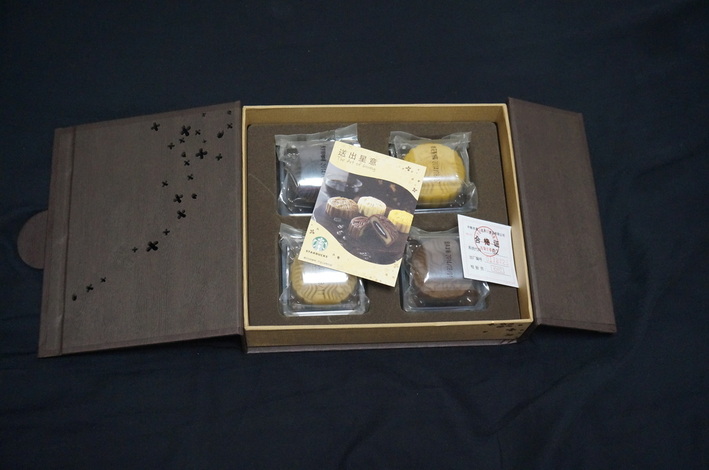
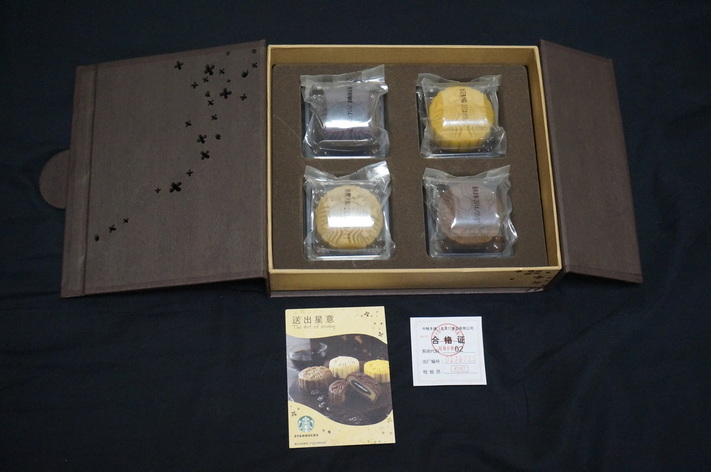
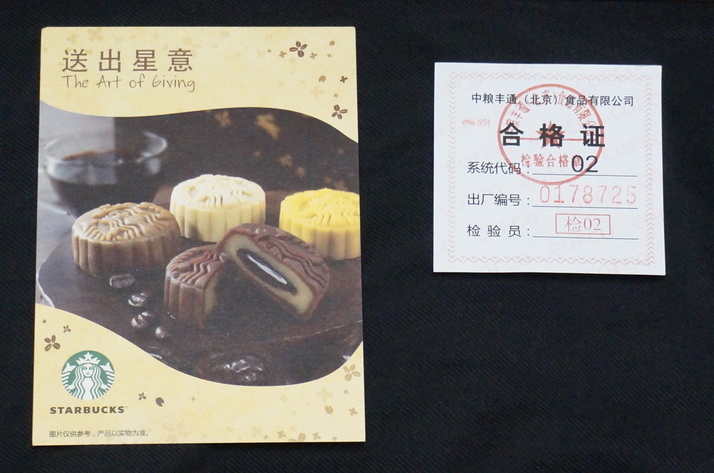
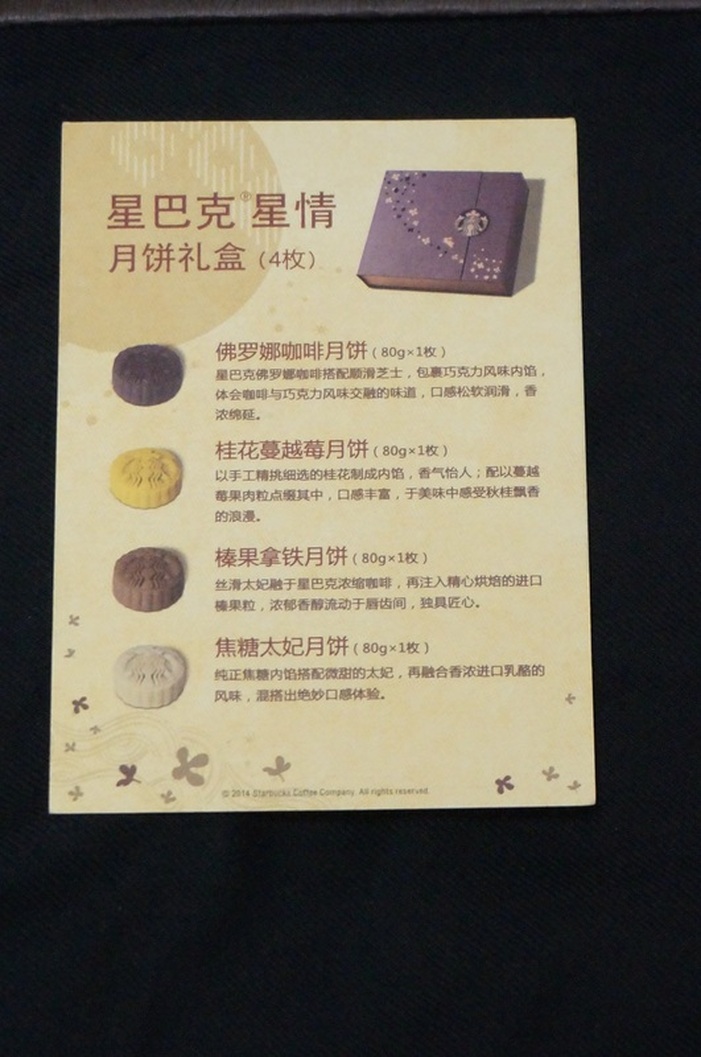
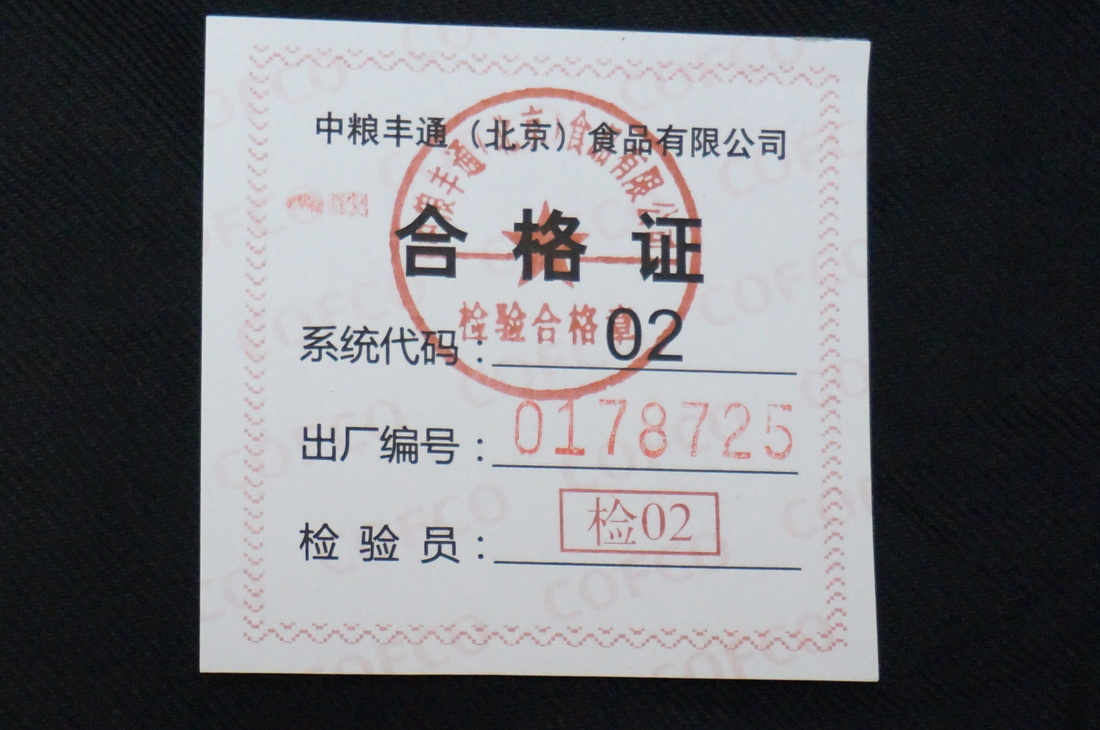
 RSS Feed
RSS Feed

